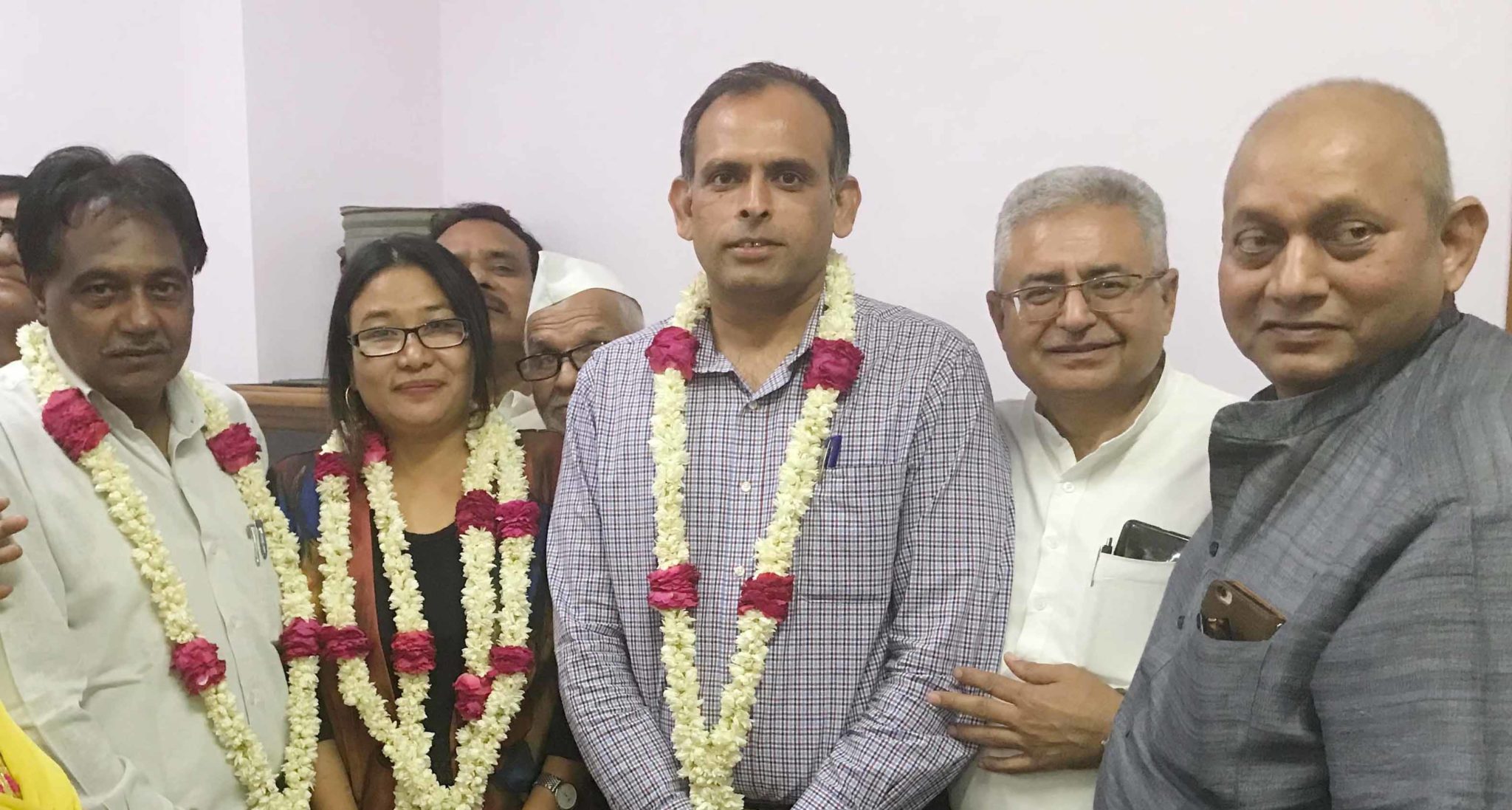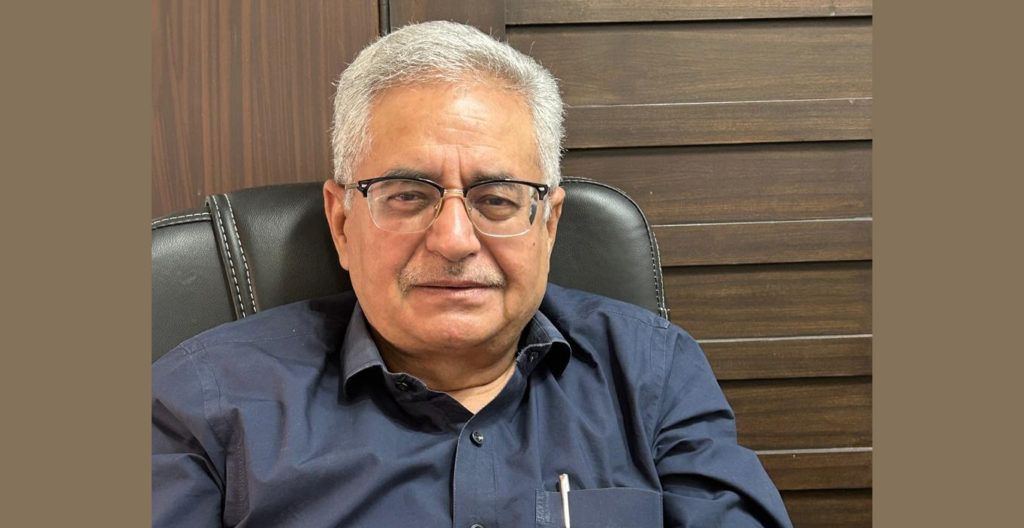A writ petition, filed by a group of petitioners led by Ashok Dabas, challenging the election notification dated May 8, 2024 in the matter of National Labour Cooperative Federation (NLCF) has got a favourable order for those challenging the elections.
The Delhi High Court Order in the case has Directed the Cooperative Election Authority to issue a Speaking Order on the Representation dated 27.06.2024 as per Law.
The petitioners are also seeking a directive for the Cooperative Election Authority to address their application dated June 28, 2024. The case involves the Multi State Cooperative Societies Act, under which the petitioners are asking Cooperative Election Authority to fulfil its obligations as specified in Section 45(I) of the Act.
According to legal precedents, writ petitions under Article 226 of the Indian Constitution that challenge an election are typically not entertained once the election process has commenced and before the results are declared.
In this case, the election process began with the issuance of the notification on May 8, 2024. The court, noting that none of the petitioners’ representations were filed before this date, has directed respondent No.1 to decide on the petitioners’ representation dated June 27, 2024, through a speaking order, in accordance with the law, as swiftly as possible. The court also granted the petitioners the liberty to raise their grievances following the announcement of the election results.

Dabas has claimed that the Returning Officer has ignored several representations, including one submitted both by hand and via email on June 28, 2024. Dabas’s representation underscores the critical need for an accurate voter list to ensure free and fair elections. He accuses the outgoing Board members of blatantly disregarding rules and regulations.
Specifically, he highlights Rule 19-H, which delineates the procedure for conducting board elections in multi-state cooperative societies. According to Dabas, the Board failed to update the register of members as mandated, 30 days before the general meeting.
In his representation, Dabas calls on the Cooperative Election Authority to intervene urgently to ensure compliance with the rules, thereby safeguarding the election process and preventing further litigation. He stresses that a correct voter list is paramount to the integrity of the election and expresses concern over the alleged deliberate non-compliance by the Board.
The court’s directive and Dabas’s representation have brought attention to the electoral practices within multi-state cooperative societies, emphasizing the importance of transparency and adherence to legal procedures to maintain the credibility of the election process.
The petitioners, meanwhile, await the decision on their representation and remain poised to pursue their grievances through appropriate legal channels following the election results, said Dabas while talking to the Indian Cooperative.
